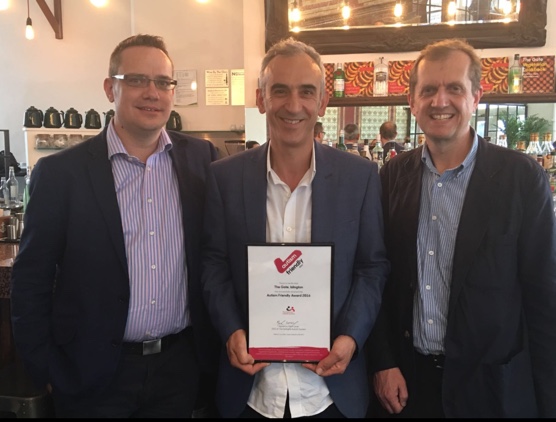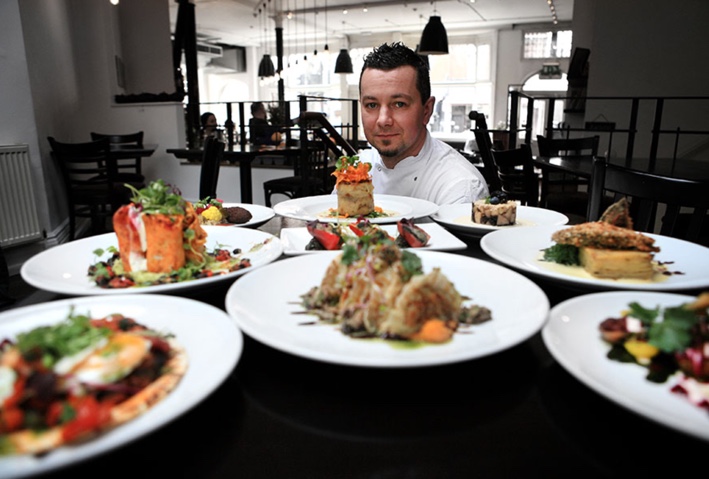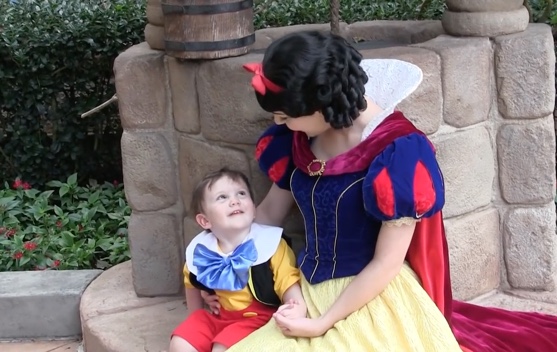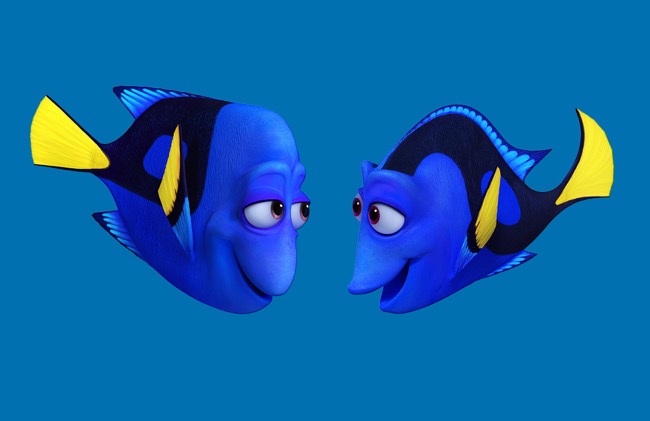
If you haven’t yet gone to see “Finding Dory” — Go see it. I am by no means a movie critic, but I would recommend this movie to any parent of any child. The fact that it’s geared towards children is, in my opinion, simply an added bonus.
The movie begins with an insight into some of the struggles that Dory has. Whether or not you can relate to someone that has the same struggles–in her case it was battling memory loss–you will be able to relate to the fact that Dory has special needs that you cannot see from just looking at her from the outside. This aspect was made clear through various points in the movie: For instance, when she begins to talk to strangers or tries to make a new friend, and within minutes she is getting weird looks and comments, all simply because of a disability that she didn’t chose for herself and that she doesn’t have any control over. Sound familiar?
It’s rare that I am able to read an article, watch a book, or talk to someone who is able to change my perspective or give me a sense of, “You know what? Everything really is going to be OK.” But in an hour and a half, this movie managed to do it.
I had no idea what Dory’s background or storyline would be when I took my girls to see it, so I wasn’t expecting anything overly profound. Yet, without intending to do so, suddenly I wasn’t watching a fish anymore–I was watching my daughter. I was able to step back and see her in someone else; see her struggles and how they affect her daily. I could see how people reacted to her–both positively and negatively–and how those opinions affected her (or in this case, didn’t). I watched children laugh and play with her and adults who had less patience than the kids. I saw how so much of that rolled off her back and how often.
Specific challenges can, in many ways, affect the parent so much more than the child. I watched her play, laugh, be happy and confident, and not take it personally when some of the kids preferred to play elsewhere. I saw strong new friendships form despite her struggles and, most importantly for me, I was able to see how with the patience and love of people who care, it’s totally possible for “everything to be OK.”
We really were all created differently. Dory was just as lovable and just as smart (if not more so) as any other ‘fish in the sea’ and that was pretty fun and refreshing to watch.
I found myself thinking that, as parents, because we care so much, we tend to focus on the struggles that we see, and the differences that we notice. Kids themselves don’t always read situations, circumstances and events like we do. In my experience, children learn, grow and adapt to how they’ve been made, just like we do. And, while we can be uncomfortable watching them play by themselves in a group setting, or preferring to read alone instead of going out–they’re not uncomfortable. They’re fine. They’re happy. They’re doing what they want to do, the way they want to do it. And to be honest, that’s pretty awesome.
I was reminded this week to accept our kids as they are and appreciate them for their differences. I am understanding more and more every day that just because they struggle with things that we may not, it doesn’t mean that they aren’t going to grow up and be just fine.
I debated writing this post at all. I know it comes across as what should just be common sense. But I did write it down because I wanted to be reminded of it myself. Because when I’m in the thralls of parenting–changing routines, introducing new people and attending new events–immediate concerns and challenges can seem overwhelming and I forget to look at the bigger picture, to take a step back and remind myself of this. Some days she is growing up faster than I can even believe it and some days I feel like we’re stuck. Regardless of any of that, she’s funny, she’s happy, she’s going to be OK. And so am I.


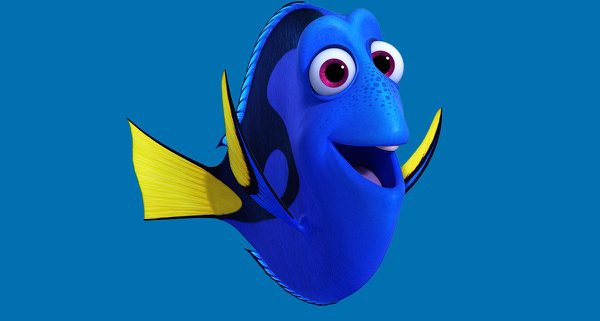

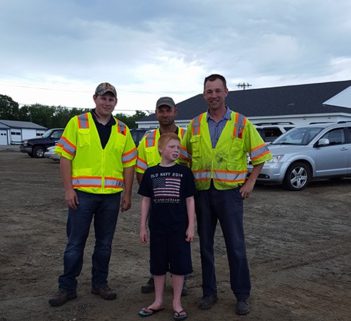
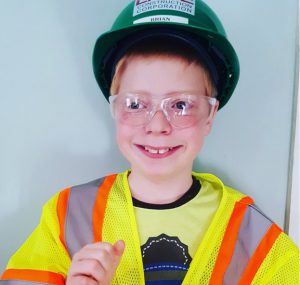 Heather Nelson, her husband Colin, and her two sons live right along a major road in Rockland, Maine, that’s currently undergoing a complete overhaul. It’s been big inconvenience for many commuters who travel the road daily, including Colin.
Heather Nelson, her husband Colin, and her two sons live right along a major road in Rockland, Maine, that’s currently undergoing a complete overhaul. It’s been big inconvenience for many commuters who travel the road daily, including Colin.
 For many of us, Disney animated films are just entertainment. But for the Suskind family, these films are much, much more. After all, it was through these films that their son Owen learned to relate to the world around him and make sense of it after autism took him away. And it was through these films that his parents found a way back to him.
For many of us, Disney animated films are just entertainment. But for the Suskind family, these films are much, much more. After all, it was through these films that their son Owen learned to relate to the world around him and make sense of it after autism took him away. And it was through these films that his parents found a way back to him.


 According to many military parents, the U.S. Department of Defense isn’t the most progressive employer. Some parents of military dependents with autism—
According to many military parents, the U.S. Department of Defense isn’t the most progressive employer. Some parents of military dependents with autism—
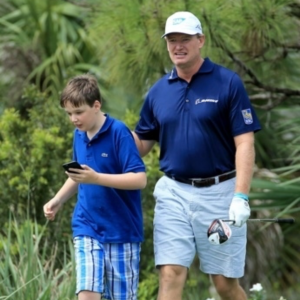 Pro golfer Ernie Els was used to the nagging voice in his head, especially as he was lining up his shots during tournaments. But he wasn’t used to hearing it in his personal life, until his son Ben was born. Ben was slow to hit his development milestones and never met Ernie’s gaze, and he was eventually diagnosed with autism. Like many parents of children on the autism spectrum, Ernie wondered what he’d done wrong—how he could have prevented his son from “getting autism.”
Pro golfer Ernie Els was used to the nagging voice in his head, especially as he was lining up his shots during tournaments. But he wasn’t used to hearing it in his personal life, until his son Ben was born. Ben was slow to hit his development milestones and never met Ernie’s gaze, and he was eventually diagnosed with autism. Like many parents of children on the autism spectrum, Ernie wondered what he’d done wrong—how he could have prevented his son from “getting autism.”
